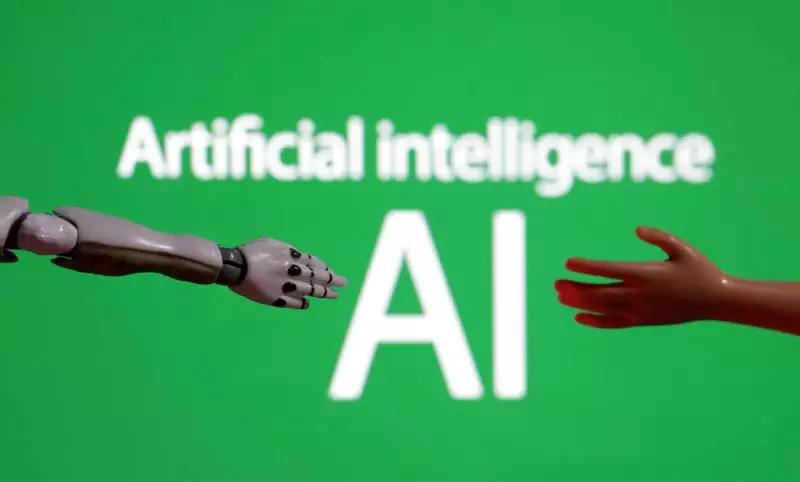The field of artificial intelligence is witnessing yet another transformative evolution, heralded by the emergence of Agentic AI. This next-generation technology, as described by analysts at BofA Global Research, signifies a departure from traditional AI applications, advancing from basic generative tools like chatbots to a revolutionary class of intelligent systems. These systems are designed to execute complex tasks autonomously, independent of explicit human commands, thereby fundamentally altering how we interact with technology.
Agentic AI represents a sophisticated class of AI models that act almost like independent operating systems for virtual agents. Unlike earlier AI systems that were predominantly reactive, Agentic AI demonstrates an enhanced capacity for autonomy, reasoning, and task execution. This innovative approach allows these AI systems to not only carry out predefined tasks but also to learn from their surroundings and adapt their strategies accordingly. Through proactive engagement, Agentic AI can autonomously plan and execute a wide range of activities, from software development to logistical operations, thereby minimizing the necessity for human oversight.
The rapid emergence of Agentic AI underscores an astonishing pace of technological evolution. Within just two years following the rollout of ChatGPT and the accompanying rise of generative AI, we are now standing on the brink of what could be referred to as the third wave of AI advancement. This progression is suggested to surpass historical technology milestones, such as the advent of personal computers and the internet, signifying a broader shift towards AI systems that function not merely as tools but as collaborative agents capable of revolutionizing industries.
The implications of Agentic AI on various sectors are profound. With the potential to deploy fully autonomous fleets of robots and digital agents, industries traditionally reliant on human labor stand on the cusp of significant transformation. The “corporate efficiency revolution” appears imminent, especially in areas like manufacturing, customer service, and healthcare where automation could bring forth unprecedented efficiency and cost savings. For instance, companies such as Amazon and DHL have already integrated robotic systems into their operations, demonstrating improved productivity and streamlined processes.
The capacity of Agentic AI to tackle intricate, open-ended tasks closely parallels roles traditionally occupied by highly skilled professionals. This includes specialized areas such as biopharma, education, and cybersecurity, suggesting a future where AI can augment or even replace human judgment in critical operations.
Despite the transformative advantages that Agentic AI brings, its rapid integration into the workforce raises significant socio-economic concerns. A primary issue is the potential displacement of jobs across various sectors. Figures from BofA indicate that the introduction of ChatGPT resulted in a swift decline in freelance opportunities related to writing and coding, with prevalent fears that Agentic AI might further penetrate physical domains like construction and nursing, exacerbating employment vulnerabilities.
However, the advent of Agentic AI does not solely spell doom for the job market. It may, conversely, ignite a wave of innovation and create new opportunities. As the technology matures, there is a projected rise in AI-driven startups that could capitalize on these advanced capabilities, introducing scalable solutions and potentially redefining conventional business models. What may follow is a surge in job categories that revolve around the development, management, and oversight of AI systems.
The AI revolution is far from its culmination; instead, we are entering a supercycle of innovation that promises to reshape our economic landscape and workplace dynamics. Advancements in Agentic AI will likely drive the development of more sophisticated applications, leading to an unprecedented evolution in business practices and workforce structures. As we embrace this new wave, organizations and societies must navigate the challenges it brings while also harnessing its potential to transform human-environment interactions.
The rise of Agentic AI offers both exhilarating opportunities and formidable challenges. The balance between innovation and job displacement will be pivotal as stakeholders across industries contend with the consequences of this latest AI advancement. Understanding and addressing these dualities will be essential as we forge ahead into an AI-mediated future.

